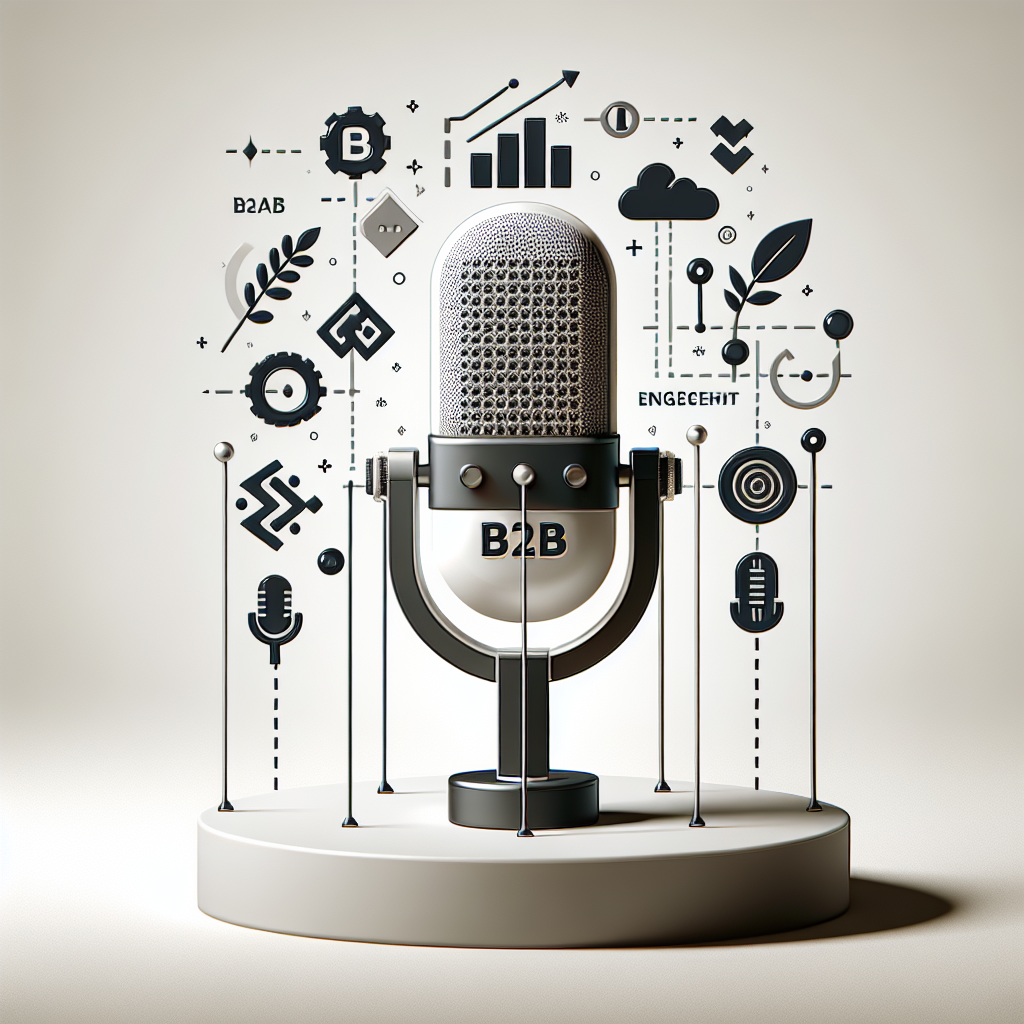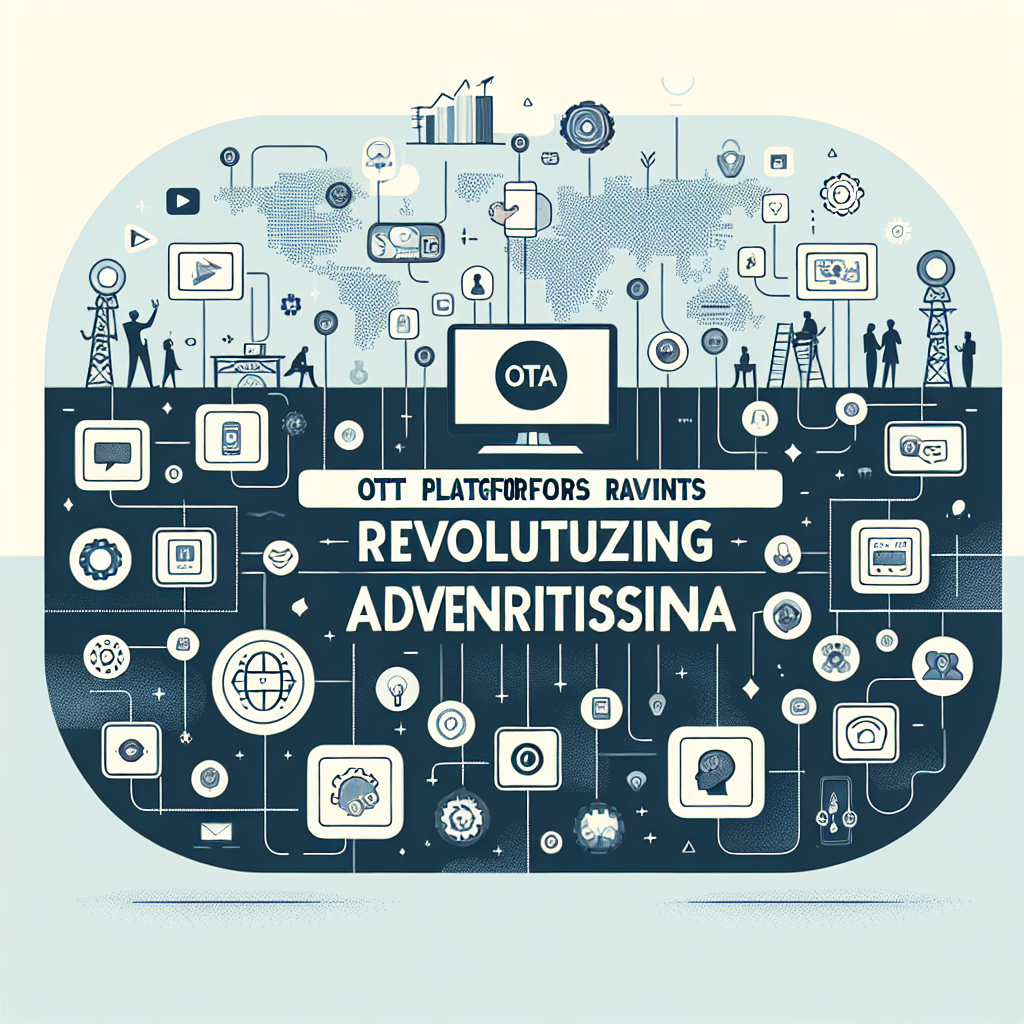Podcast Media Planning for B2B Brands
Two weeks ago, I met Rebecca, a marketing director at a leading enterprise software company, who shared a remarkable transformation in her B2B marketing approach. After years of struggling with declining performance from traditional trade publications and expensive industry conference sponsorships, Rebecca's team discovered that a single host-read advertisement on a niche industry podcast generated more qualified leads than their entire annual trade publication budget. The podcast, focused on supply chain optimization and hosted by a respected industry veteran, reached exactly the decision-makers Rebecca's team had been trying to reach for years. More importantly, the host's personal endorsement of their software solution carried weight that traditional advertising simply could not match, resulting in a 520% increase in demo requests and a 340% improvement in lead quality scores.
Rebecca's experience illustrates a fundamental shift in B2B marketing where traditional channels are losing effectiveness while audio content, particularly podcasts, has emerged as a powerful channel for reaching engaged business decision-makers. Podcast media planning for B2B brands requires sophisticated understanding of industry-specific content landscapes, decision-maker listening habits, and the unique dynamics of business-focused audio content.
The B2B podcast landscape has experienced explosive growth, with business-focused podcasts generating over 1.4 billion downloads annually. This growth reflects changing consumption patterns among business professionals who increasingly rely on podcasts for industry insights, professional development, and thought leadership content. Research from the B2B Marketing Association indicates that 73% of business decision-makers regularly consume business-focused podcasts, with 84% of these listeners taking action based on podcast recommendations.
1. Leveraging Industry Podcasts and Host-Read Advertisements
Industry podcasts provide unparalleled access to engaged business audiences who actively seek professional insights and solutions. Unlike general business podcasts, industry-specific shows attract listeners who are deeply invested in particular business challenges and actively seeking solutions. This targeting precision makes industry podcasts exceptionally valuable for B2B brands seeking to reach qualified prospects.
Host-read advertisements represent the most effective format for B2B podcast marketing because they leverage the credibility and trust that hosts have built with their professional audiences. Business podcast listeners often view hosts as industry experts and trusted advisors, making their endorsements significantly more powerful than traditional advertising formats. Research indicates that host-read advertisements generate 340% higher response rates compared to programmatic podcast advertising.
The selection process for industry podcasts requires careful analysis of audience demographics, host credibility, and content alignment with brand messaging. The most successful B2B podcast campaigns target shows where the host has established authority in relevant business domains and where the audience demographics align closely with the brand's ideal customer profile.
Authentic integration of brand messaging into industry podcast content requires deep understanding of the show's format, audience interests, and host personality. The most effective host-read advertisements feel like natural recommendations rather than promotional interruptions, incorporating specific use cases and genuine enthusiasm that resonates with business audiences.
2. Focusing on Pain Points Rather Than Product Features
B2B podcast audiences are primarily interested in solving business challenges rather than learning about product features. The most successful B2B podcast campaigns focus on addressing specific pain points that resonate with target audiences, positioning brands as solution providers rather than product vendors.
Pain point identification requires thorough understanding of the target audience's business challenges, industry pressures, and decision-making processes. This research enables brands to develop messaging that speaks directly to the concerns and priorities of business decision-makers, creating immediate relevance and engagement.
Solution-oriented messaging in B2B podcasts emphasizes outcomes and business impact rather than technical specifications or product capabilities. This approach aligns with how business decision-makers evaluate solutions, focusing on ROI, efficiency improvements, and strategic advantages rather than feature comparisons.
Story-based problem-solving provides the most effective format for B2B podcast content, incorporating case studies, customer success stories, and real-world examples that demonstrate how brands have helped similar businesses overcome challenges. This approach builds credibility while providing concrete evidence of solution effectiveness.
3. Driving Thought Leadership and Lead Generation
B2B podcast marketing serves dual objectives of establishing thought leadership while generating qualified leads. The most successful campaigns balance these objectives by providing valuable insights that position brand representatives as industry experts while creating opportunities for further engagement.
Thought leadership development through podcast content requires brands to share genuine insights, industry analysis, and strategic perspectives that benefit the broader business community. This approach builds authority and credibility that enhances all other marketing efforts while attracting prospects who value expertise and strategic thinking.
Lead generation through podcast marketing requires sophisticated attribution and tracking systems that can connect podcast exposure to business inquiries and sales opportunities. The most effective B2B podcast campaigns implement unique tracking mechanisms that enable clear measurement of podcast impact on lead generation and revenue.
Content marketing integration amplifies podcast marketing effectiveness by creating supporting content that extends podcast conversations and provides additional value to engaged prospects. This might include detailed whitepapers, webinars, or industry reports that build upon topics discussed in podcast content.
Case Study: HubSpot's Industry Podcast Partnership Strategy
HubSpot developed one of the most successful B2B podcast marketing strategies through their comprehensive industry podcast partnership program. Rather than focusing solely on general business podcasts, HubSpot identified specific industry verticals and partnered with respected podcast hosts who had established credibility within those niches.
The strategy involved partnerships with 25 industry-specific podcasts across sectors including healthcare, manufacturing, professional services, and technology. Each partnership was customized to address the specific challenges and pain points relevant to that industry, with HubSpot's experts providing genuine insights about marketing automation, sales optimization, and customer relationship management within each sector's context.
Rather than promoting HubSpot's software directly, the campaign focused on educating audiences about industry-specific marketing and sales challenges while positioning HubSpot as a thought leader in business growth strategies. Each podcast appearance included detailed case studies from similar companies, actionable insights that listeners could implement immediately, and strategic frameworks that demonstrated HubSpot's expertise.
The measurement strategy tracked both immediate lead generation and long-term thought leadership impact. HubSpot implemented unique tracking codes for each podcast partnership, enabling precise attribution of leads and revenue to specific shows and episodes. Additionally, they measured brand mention increases, speaking opportunity requests, and industry recognition metrics to assess thought leadership development.
The results exceeded traditional B2B marketing performance significantly. The podcast partnership program generated 1,200 qualified leads over 12 months, with an average lead-to-customer conversion rate of 18% compared to 8% for traditional marketing channels. The campaign contributed directly to $4.2 million in attributed revenue while establishing HubSpot executives as recognized thought leaders in multiple industry verticals.
The long-term impact demonstrated the strategic value of podcast thought leadership. HubSpot reported a 280% increase in inbound speaking requests, a 340% improvement in industry media coverage, and a 190% increase in partnership opportunities from companies within their targeted podcast audience segments. The campaign's success led to HubSpot expanding their podcast partnership program to include content co-creation and sponsored podcast series development.
Call to Action
B2B marketing leaders ready to leverage podcast media planning should begin by conducting comprehensive research into industry-specific podcasts whose audiences align with their target customer profiles. Develop authentic messaging strategies that focus on solving business challenges rather than promoting product features. Invest in sophisticated attribution systems that can track podcast exposure through the entire lead generation and sales process. Most importantly, commit to long-term thought leadership development through consistent, valuable content contribution that establishes credibility and authority within target industry segments while generating qualified leads and business opportunities.
Featured Blogs
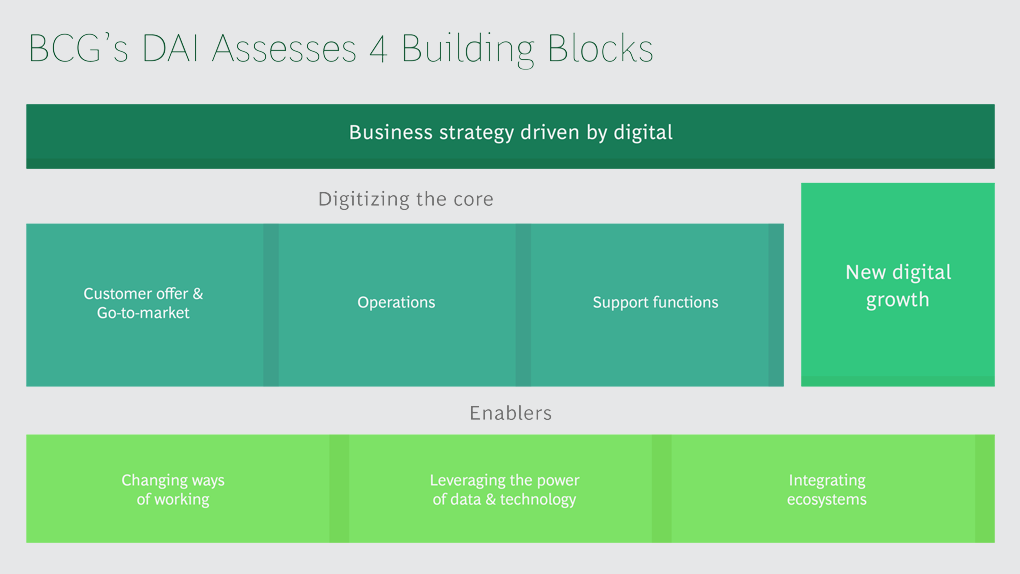
BCG Digital Acceleration Index
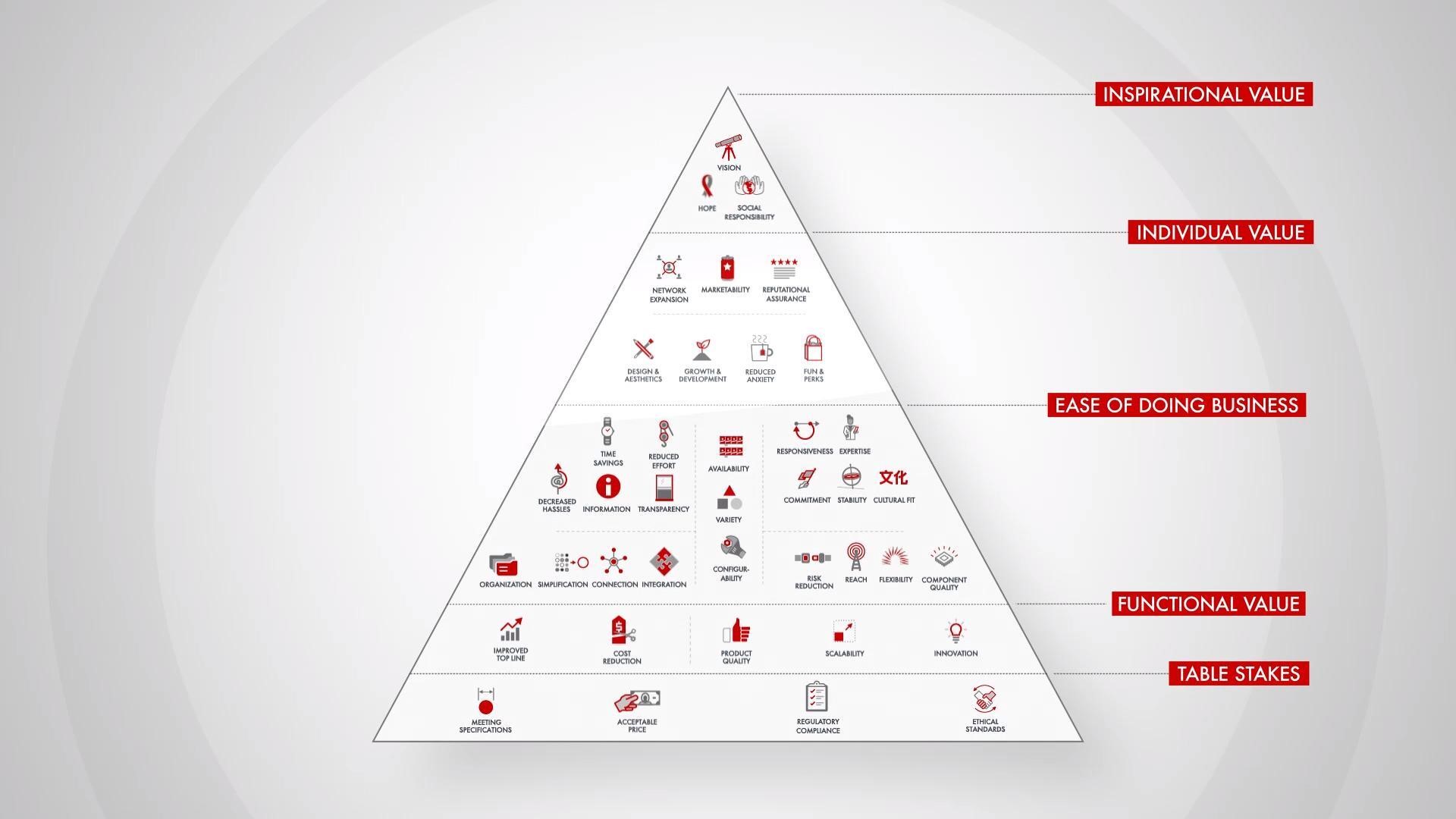
Bain’s Elements of Value Framework
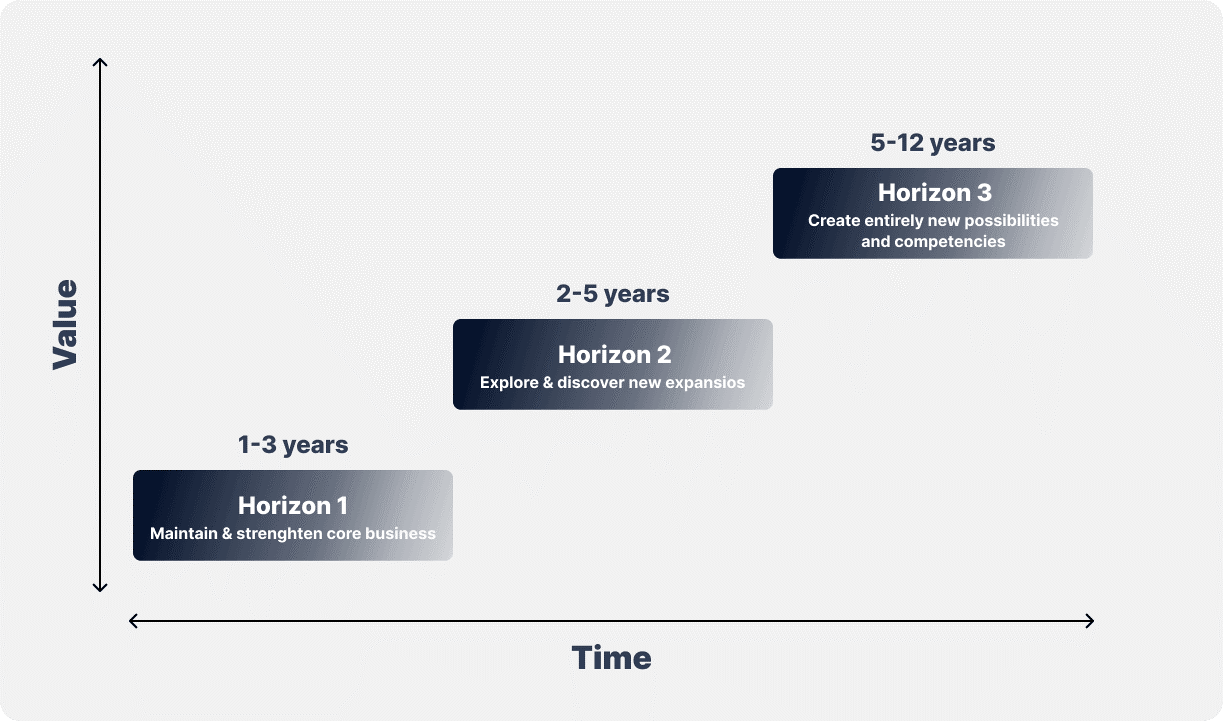
McKinsey Growth Pyramid
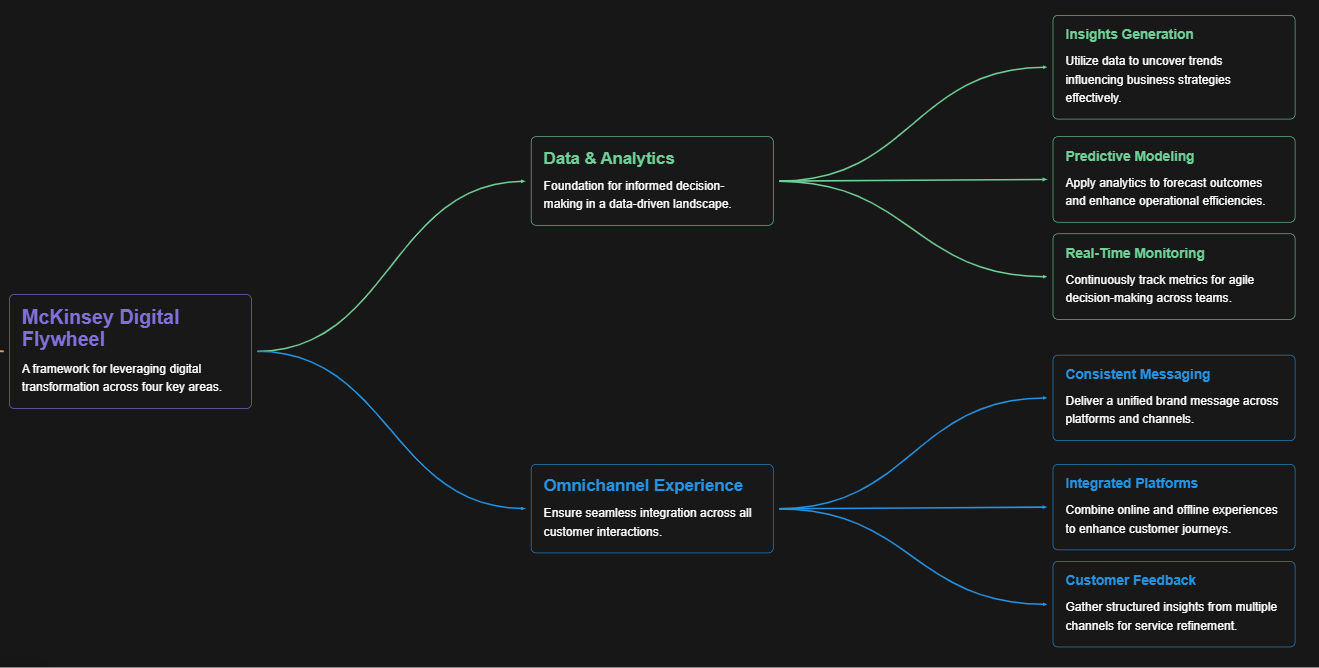
McKinsey Digital Flywheel
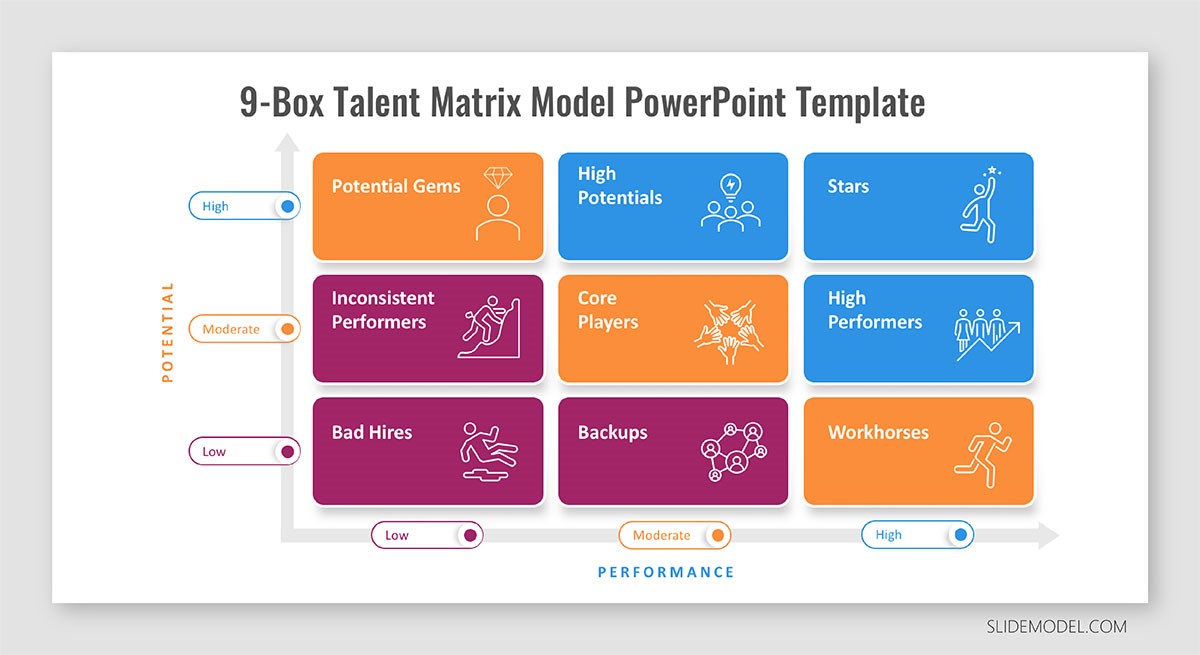
McKinsey 9-Box Talent Matrix
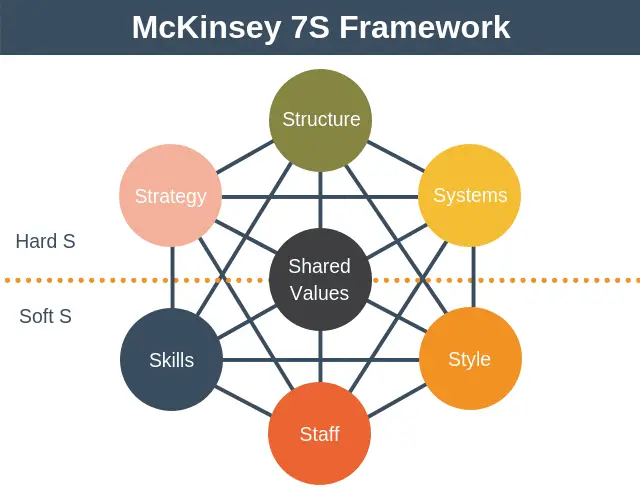
McKinsey 7S Framework
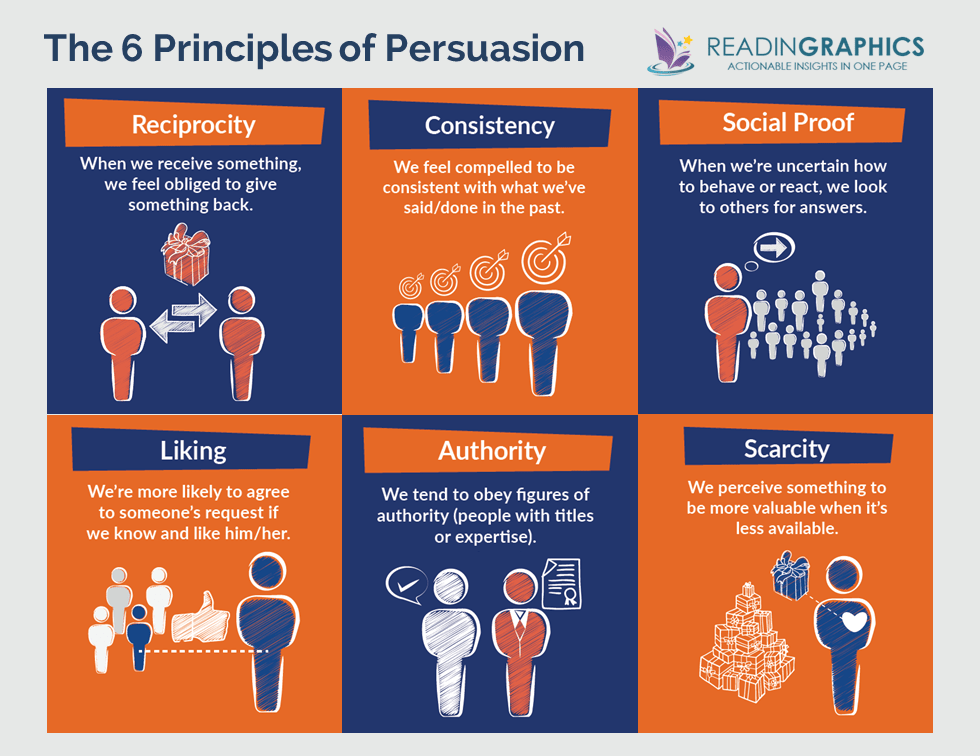
The Psychology of Persuasion in Marketing
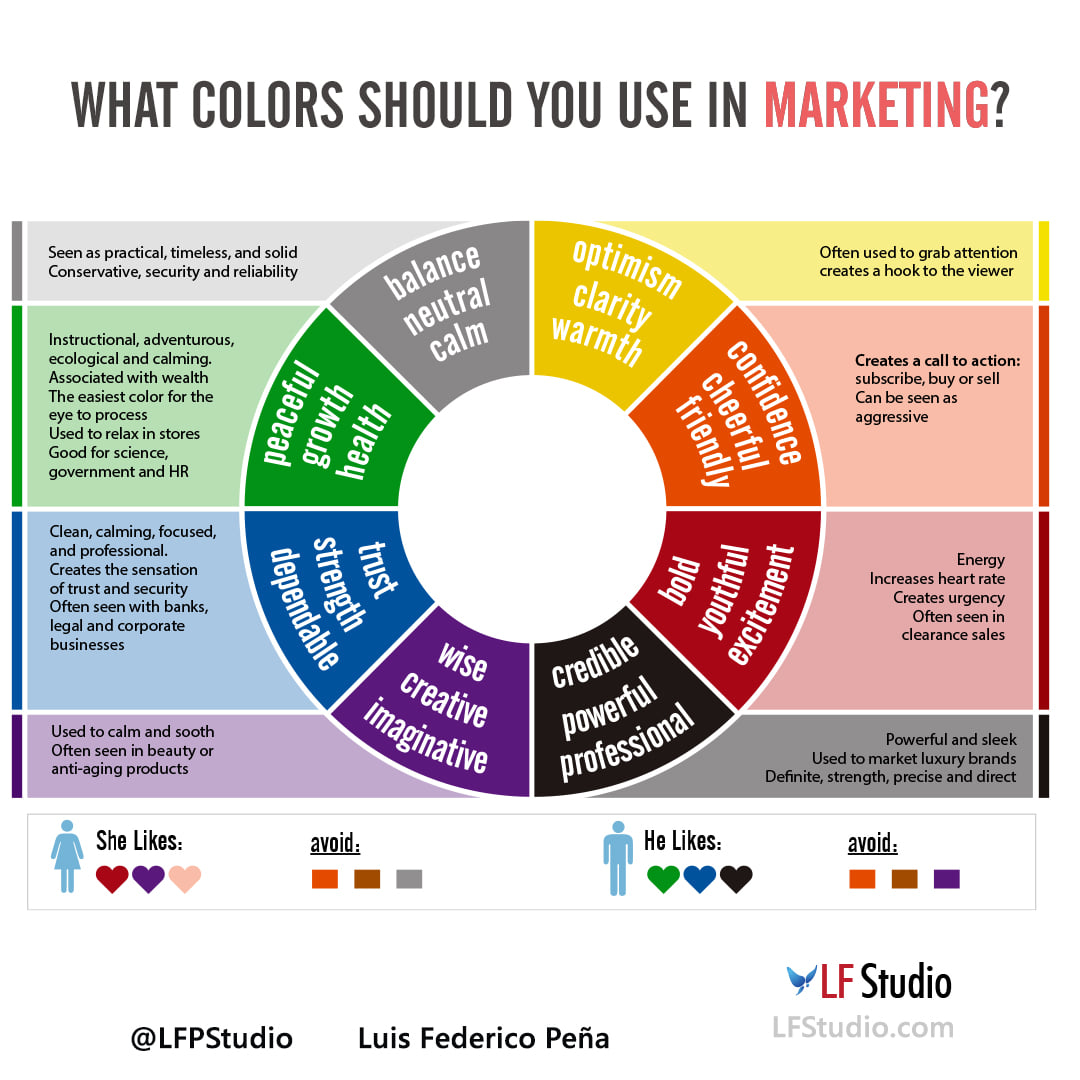
The Influence of Colors on Branding and Marketing Psychology


